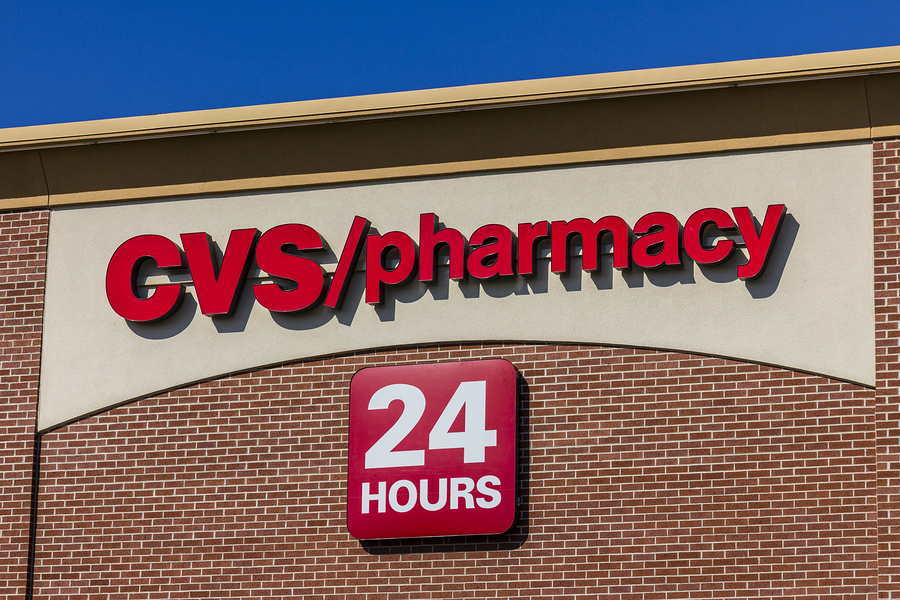Fifty-one weeks after pharmacy retail giant CVS Health (NYSE: CVS) announced its intent to acquire managed care giant Aetna (NYSE: AET), the deal that shook the healthcare industry closed. And now the fun begins.
When first announced on December 3, 2017, the deal had many industry players scratching their heads. What does a pharmacy chain with 9,700 pharmacy locations and 1,100 MinuteClinic walk-in clinics, not to mention a major pharmacy benefits manager (Caremark), need with a health insurance company?
The answer, as CVS CEO Larry Merlo explained over and over again, is the desire to bring a new model of health care to the masses, by expanding services offerings at its pharmacies so they function as community-based health hubs to improve consumers’ health while providing prescription drugs and health coverage.
Now that the Department of Justice (DOJ) and state holdouts California, New Jersey and New York extracted their own pounds of flesh from the acquirer and target, we’ll see how that turns out. The DOJ’s approval was contingent upon Aetna’s selling its standalone Medicare Part D business, which covers about 2.2 million people. The buyer is a subsidiary of WellCare Health Plans (NYSE: WCG) and the price was not disclosed.
Some of the original terms changed, of course. When first announced, CVS agreed to pay $145 per share in cash, and 0.8378 CVS Health shares, for a value of approximately $206 per share, or $69 billion.
After the closing on November 28, 2018, Aetna shareholders were still set to receive $145 per share in cash and 0.8378 CVS Health shares, but the value increased to approximately $212 per share, or $70 billion. Including Aetna’s debt, the price is $78 billion.
CVS also announced it is not issuing any fractional shares in the transaction. Instead, the total number of shares of CVS stock that Aetna shareholders receive will be rounded down to the nearest whole number, and each Aetna shareholder is entitled to receive cash for any fractional share of CVS Health common stock.

